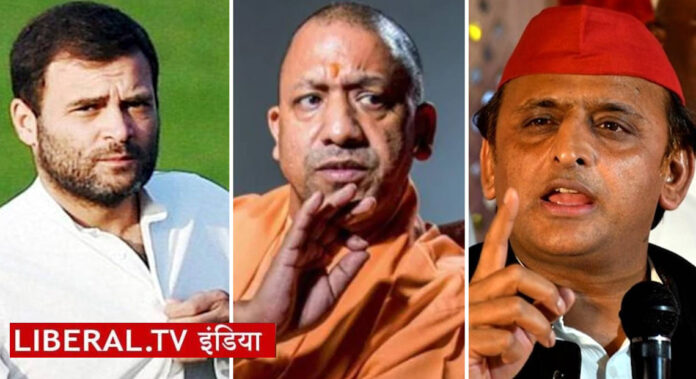The ongoing war of words between Uttar Pradesh Chief Minister Yogi Adityanath and West Bengal Chief Minister Mamata Banerjee over the tragic Maha Kumbh stampede is a striking example of how tragedy and politics can become dangerously intertwined.
The incident, which claimed the lives of 30 people, including women and children, is undeniably a humanitarian disaster. In the wake of the event, Banerjee’s criticism of the Kumbh’s organization, particularly her labeling of the gathering as a “Mrityu Kumbh” (Death Kumbh), seems to reflect a genuine concern about the lack of preparation and inadequate arrangements for the millions who attended the religious event. Her statements about the disparity between VIP and commoner accommodations, with expensive tents for the rich and little for the poor, resonated with valid criticisms regarding the treatment of ordinary citizens during such mass gatherings.
However, her remarks also appear to have been politically charged, targeting the ruling BJP at a time when West Bengal’s rivalry with the party is at its peak. Banerjee has not shied away from holding the BJP accountable for its alleged mishandling of the situation, particularly in terms of recovery efforts. But her blunt approach, describing the Kumbh as a “death festival,” has only fueled counterattacks from the BJP.
Yogi Adityanath, visibly upset, fired back with a strong defense, not only calling out Banerjee’s comments as baseless but also accusing her of undermining the faith of millions of pilgrims who attended the Kumbh. The Chief Minister of Uttar Pradesh extended his condolences to the families of the victims but took great offense at the politicization of the tragedy. He also framed the Maha Kumbh as an opportunity for his state to shine, further intensifying the political spin around the issue. The BJP’s response, with figures like Bihar BJP Chief Dilip Jaiswal calling Banerjee an atheist and accusing her of appeasement politics, shows just how far these personal and political battles are likely to escalate.
Akhilesh Yadav, leader of the Samajwadi Party, sided with Banerjee, highlighting the flaws in the planning of the Kumbh and echoing concerns about the lack of accountability in the aftermath of the stampede. Meanwhile, an unlikely ally, Swami Avimukteshwaranand Saraswati, a prominent spiritual leader, also supported Banerjee’s critique, particularly her accusations about the failure to recover all the bodies in a timely manner.
In the broader political context, these back-and-forth attacks are a reflection of the intense competition between Banerjee and the BJP, particularly with the West Bengal elections looming. The BJP, still seething from their repeated defeats at Banerjee’s hands, is likely to use every opportunity to challenge her leadership. Conversely, Banerjee, who has built her political platform on a strong stance against the BJP, will continue to take shots at the party and its governance, particularly when it involves matters of public welfare.
While the political mud-slinging between the two leaders rages on, the real issue—the loss of innocent lives in a tragic stampede—continues to get buried under layers of rhetoric and finger-pointing. It serves as a grim reminder of the fragile balance between the sacred and the political in the world’s largest democracy, where even the most tragic events are often politicized for electoral gain.



